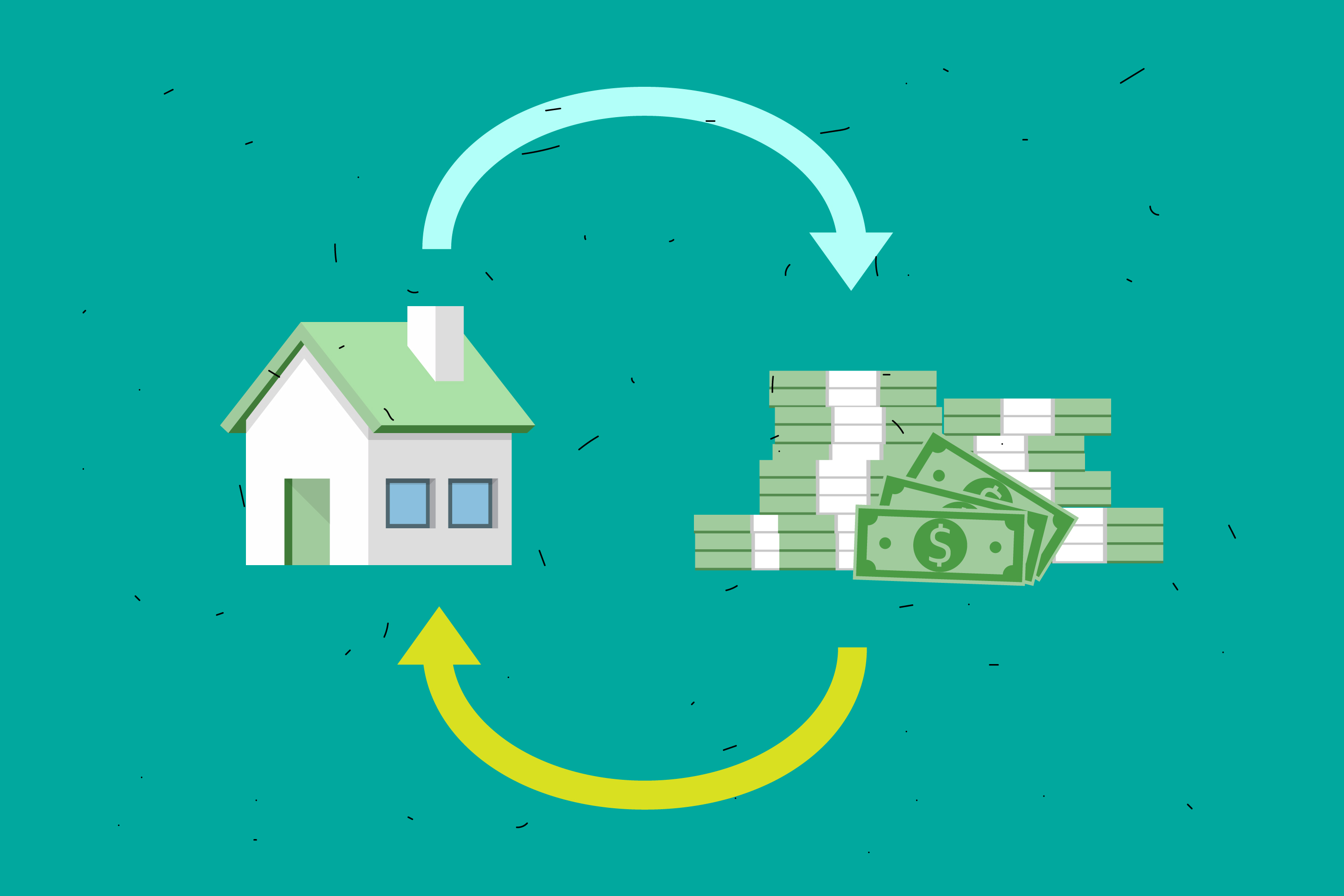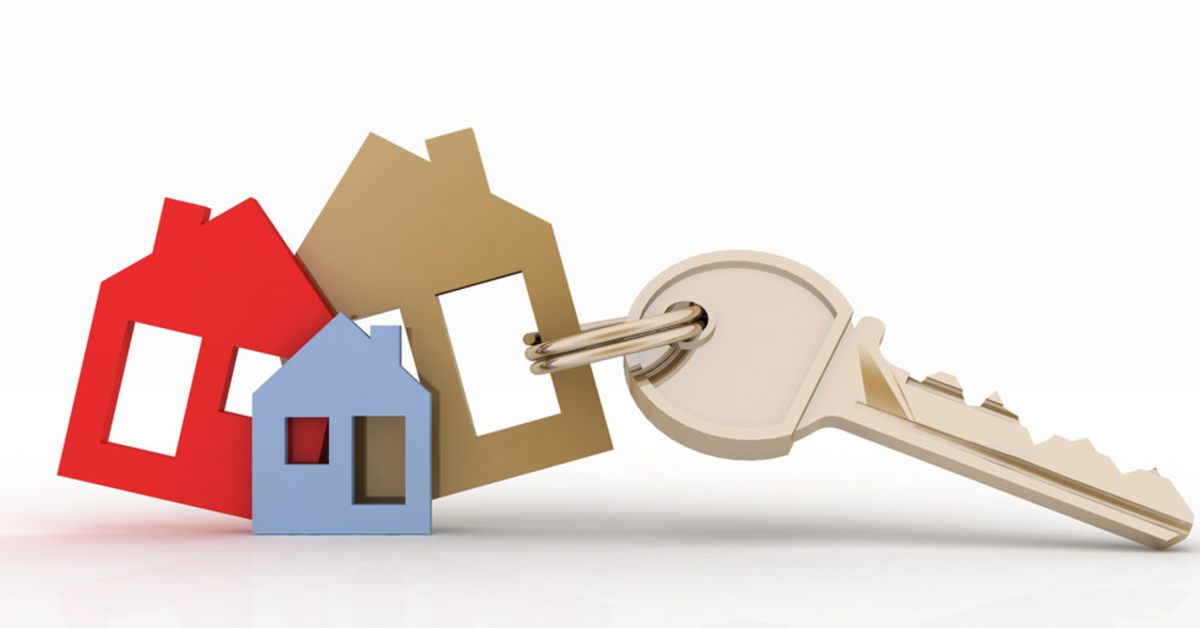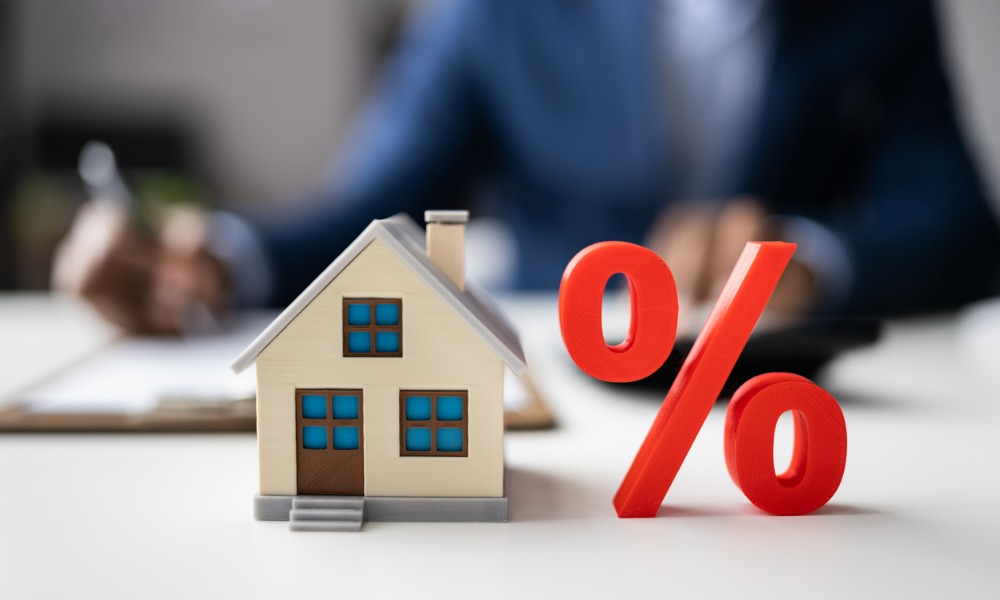If you’re looking for a way to finance your dream home or make home improvements without selling your current home, a second mortgage might be the right option for you. A second mortgage is a loan secured against your existing home equity and can be a great way to access funds for a variety of reasons. In this article, we’ll give an overview of what a second mortgage is, how it works, and the potential benefits and risks associated with it. Read on to find out more about this powerful financial tool.
Understanding the Basics of a Second Mortgage

A second mortgage is an additional loan taken out against a property that is already mortgaged. It is a secured loan that uses the same property as collateral, meaning that if you default on the loan, the lender can seize the property. This form of borrowing is often used to pay for home improvements, consolidate debt, or to pay for big ticket purchases. While a second mortgage can give you more financial flexibility, it also comes with higher interest rates and more risks, so it’s important to make sure you understand the basics before taking one out.
Benefits of Taking Out a Second Mortgage

Taking out a second mortgage can be a great way to leverage your existing property to get access to extra funds. The benefits of taking out a second mortgage are numerous, from the potential to use the funds to finance a home renovation project, to investing in a business venture, or simply to consolidate existing debts. A second mortgage can also be an attractive option when the cost of the loan is lower than the cost of other forms of borrowing, such as credit cards or personal loans. Plus, if you’ve built up a decent amount of equity in your home, taking out a second mortgage can be a great way to take advantage of that equity and use it to your advantage. Finally, you can rest assured that second mortgages are safe and secure, and can provide you with a steady source of funds for years to come.
Risks Associated with a Second Mortgage

When considering taking out a second mortgage, it’s important to understand the risks associated. One of the biggest risks is that a second mortgage can put your home at risk if you can’t keep up with payments. This means that if you default on your second mortgage, the lender has the right to foreclose on your home and take possession of it. Another risk associated with a second mortgage is that the interest rate is usually higher than the rate on your primary mortgage, so you could end up paying more in the long run. Finally, if you decide to sell your home, you’ll need to pay off the second mortgage before you can close on the sale. All of these factors can make taking out a second mortgage a big decision that should be carefully considered.
Pre-Qualification Process for a Second Mortgage

Pre-qualification for a second mortgage can seem like a daunting task, but it doesn’t have to be! The key to getting pre-qualified for a second mortgage is to do your research and be prepared. The pre-qualification process involves gathering information such as your income, assets, debts, and credit score, and submitting it to a lender for review. Once the lender reviews your information, they will decide if you are eligible for the loan and how much you qualify for. They will also provide you with an estimated interest rate and repayment plan. Knowing what to expect in the pre-qualification process can make it easier and less stressful. With the right information and preparation, you can be pre-qualified for a second mortgage in no time!
Tips to Help You Choose the Right Second Mortgage

When it comes to choosing the right second mortgage for you, there are some important tips to keep in mind. First and foremost, you should shop around and compare rates from different lenders before making a decision. It’s also important to consider how much you can actually afford, as second mortgages tend to come with higher interest rates than first mortgages. Additionally, be sure to read the terms and conditions of any second mortgage you’re considering, so you know exactly what you’re getting into. Finally, remember that if you’re unable to pay back your second mortgage, it could be foreclosed upon and damage your credit score. So, make sure you’re comfortable with the terms and confident in your ability to pay it back before signing on the dotted line.




